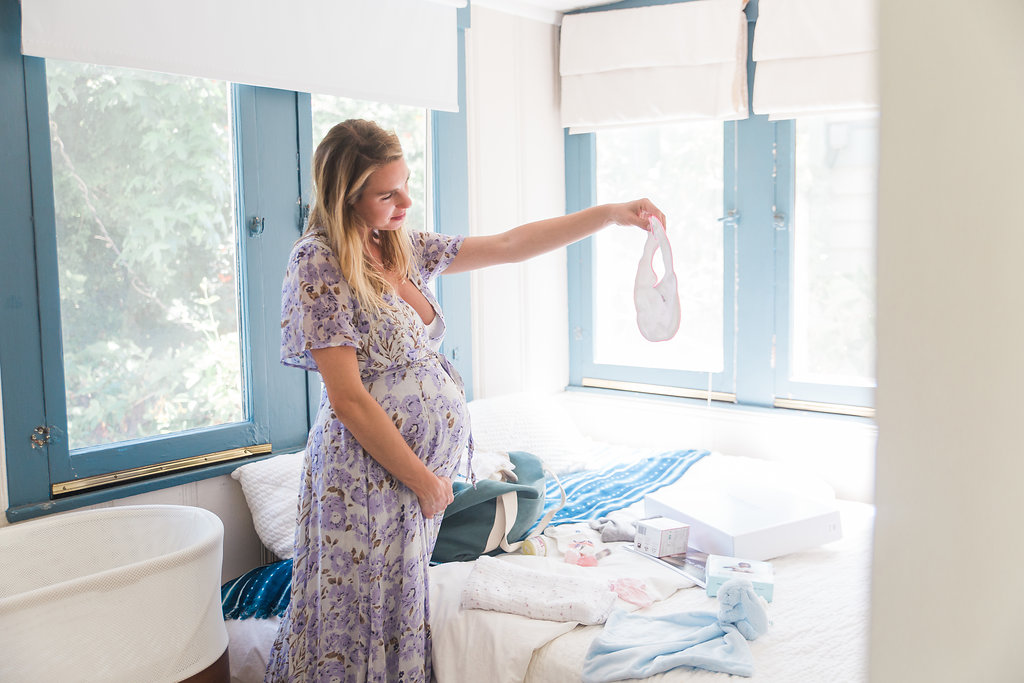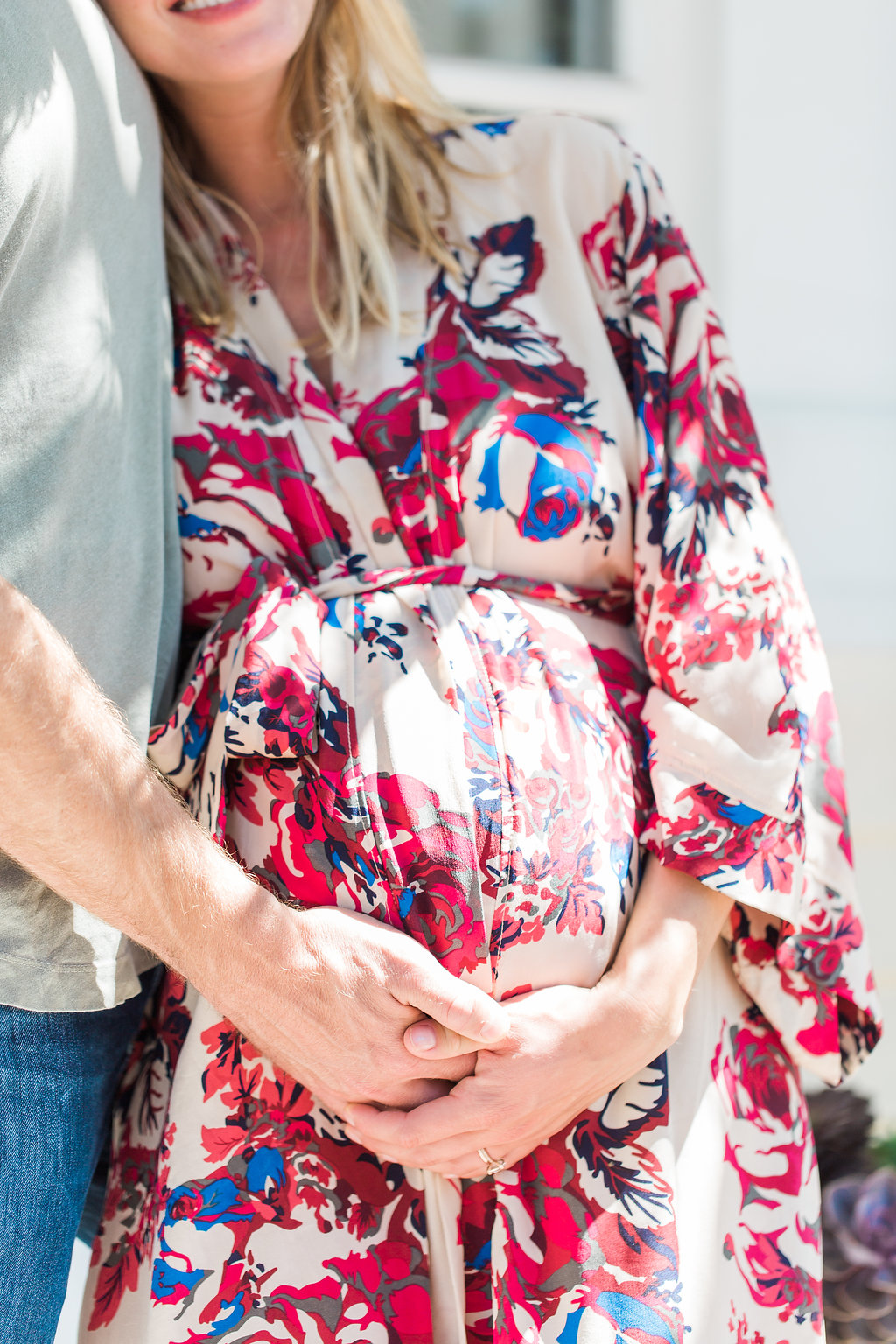
5 Things to Know About Getting Pregnant After 35
Thinking about getting pregnant after 35? Maybe you’ve never even considered becoming a mother until just now or your ducks have somehow all waddled into a row and you’re finally ready to start a family, or perhaps you’ve heard your biological clock ticking for years, but the timing just wasn’t right.
Whatever the case may be for you, there are dozens of questions surrounding the topic of getting pregnant after 35, so we’ve enlisted the help of Mary Jane Minkin, MD, Clinical Professor of Ob/Gyn at Yale University for answers!
At what age does it become more difficult to get pregnant?
There are some declines in our early thirties, but at about 35, we start noticing a bit more. And again unfortunately, at 40, fertility does undergo a steeper decline.
Are there certain tests you should have run if you are or plan to have a baby later in life?
There aren’t a lot of tests that help. The true test of ability to conceive is getting pregnant.
However, one test that we can perform is an ovarian reserve test. We are born with all of the eggs we are going to have, so this test reflects how many eggs are left. The test measures what is called the FSH or follicle stimulating hormone.
When the eggs are significantly diminishing, the pituitary gland has to work harder, and make more FSH (which comes from the pituitary). If the FSH is present in a high concentration in the urine, we can say that we may be seeing some compromise in the amount of good eggs available in the ovaries.

What are the risks for women having children later in life?
Of course, one of the major concerns as we are talking about it, is just getting pregnant. Unfortunately, there is a small increase in genetic abnormalities such as Down’s Syndrome.
Women who are older also do have a somewhat higher chance of developing diabetes of pregnancy and pre-eclampsia, but we can diagnose and deal with all of these issues.
What are some measures you can take to help increase your chances of getting pregnant, the older you get?
Keep yourself in the best shape you can. Exercise regularly, eat properly, and try to keep your weight as close to your ideal body weight as possible. Adopt good health habits, like not smoking or drinking, and of course, do take folic acid daily.
Women who get pregnant while taking folic acid significantly diminish the baby’s chance of having a neural tube defect. A vitamin such as OB Complete (or we love these prenatal vitamins from Ritual!) has an excellent amount of folic acid and starting before pregnancy is the best thing to do.
To maximize fertility and make sure you are timing intercourse ideally, you can do an ovulation predictor kit which will make sure that you are optimally timing intercourse.

What do you think is the one thing women should know about getting pregnant later in life?
Realize that there is never a “perfect time” to have a baby, so you want to optimize how you are doing in life as far as readiness, and maximize fertility potential.
For instance, you might be the most financially secure around age 45, but I wouldn’t encourage folks who really want a baby to start trying then.
If you are 35 or younger and have been trying to get pregnant for a year or more, please check in with your gynecologist to help figure out what might be hindering your getting pregnant.
If you are 35 or older and have been trying for six months or more, do start checking in with your health care provider to help you conceive.
You may also like to read 10 Ways to Increase Your Chances of Getting Pregnant or How Long to Wait Between Pregnancies.
Photography: Vanessa Tierney for Mini Magazine

